Antiquarian booksellers are part scholar, part detective and part businessperson, and their personalities and knowledge are as broad as the material they handle. They also play an underappreciated yet essential role in preserving history. The BOOKSELLERS takes viewers inside their small but fascinating world, populated by an assortment of obsessives, intellects, eccentrics and dreamers.
The BOOKSELLERS
D.W. Young
(2020)
Step behind the dusty shelves as the film takes us on a captivating journey through the fascinating world of rare books. Witness the passionate stories of dealers and collectors as they become hunters, tracking down coveted first editions and historical gems with a mix of knowledge, intuition, and a touch of luck. The BOOKSELLERS is an invitation to experience the magic of rare books, where the past whispers secrets and the future holds the promise of countless literary adventures.
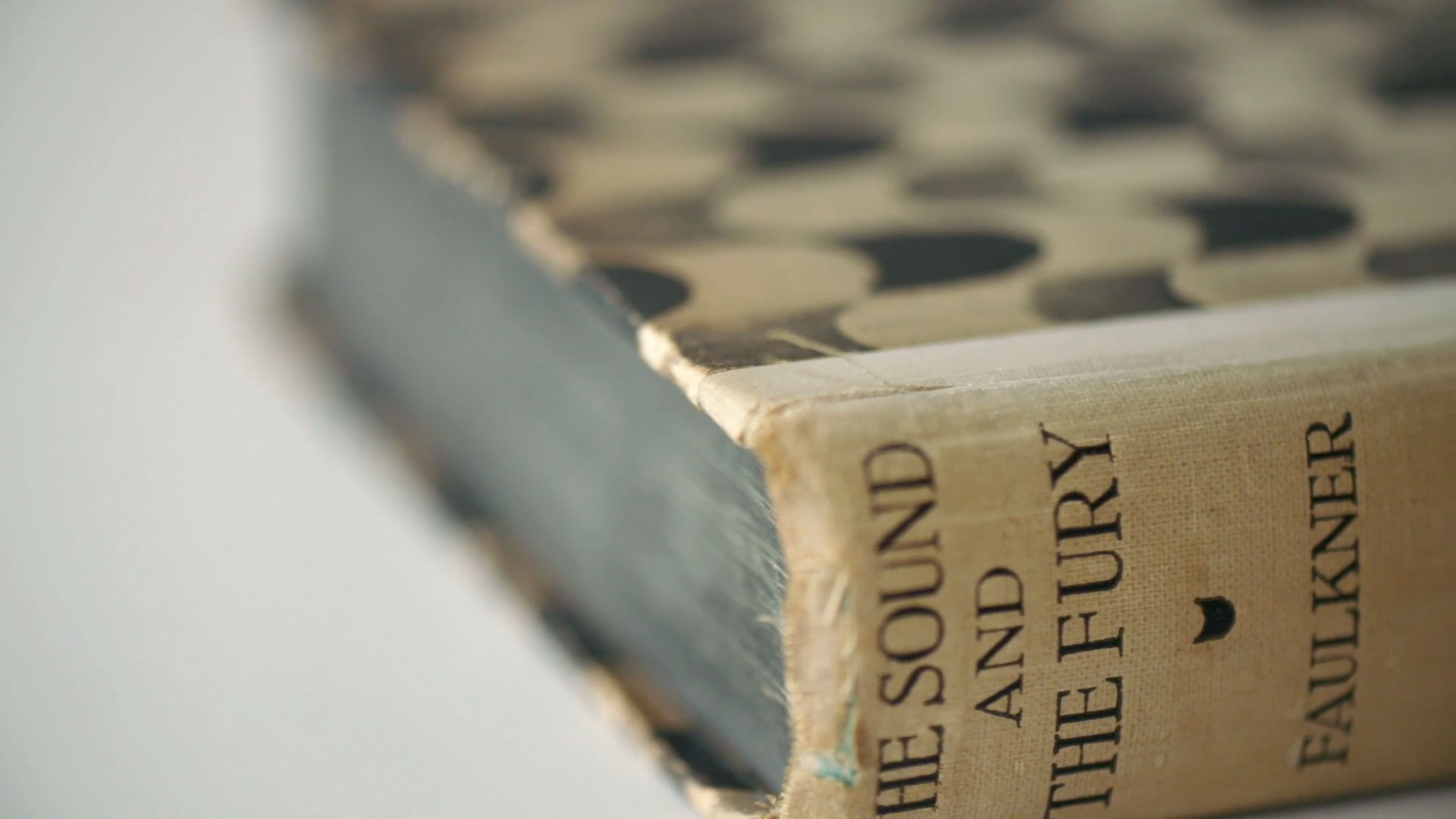
Books are not only the arbitrary sum of our dreams, and our memory. They also give us the model of self-transcendence. Some people think of reading only as a kind of escape: an escape from the “real” everyday world to an imaginary world, the world of books. Books are much more. They are a way of being fully human.”
A documentary film directed, edited, and produced by D.W. Young, explores the history of antiquarian and rare book dealers and their bookstores. It also examines how the rise of the internet has upended their businesses, bringing unexpected challenges for them but also benefits for buyers and collectors around the world.
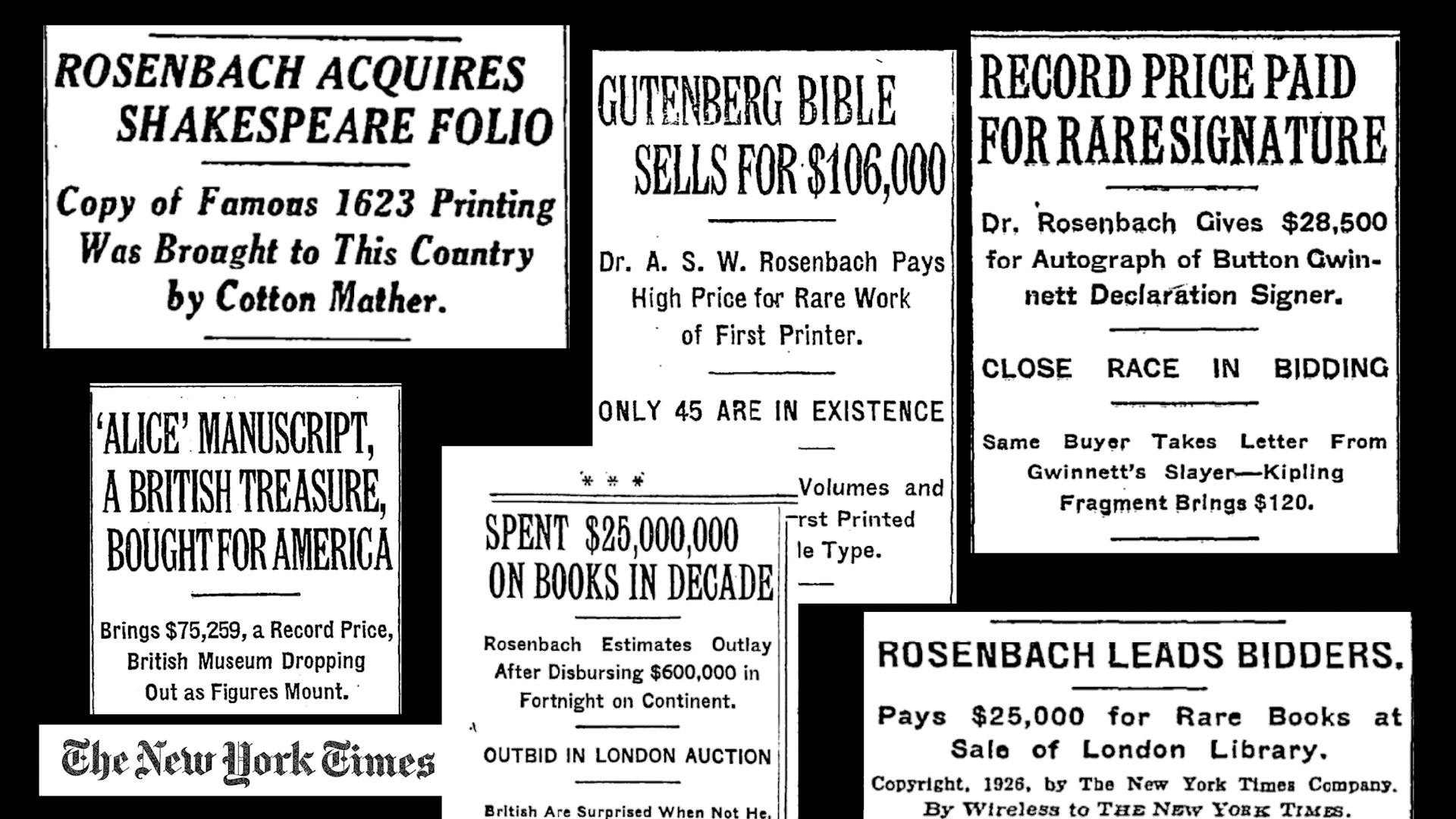
The first question everyone asks is, “What makes a book rare?” If you say a rare book, you mean both hard to find and highly desirable. Scarcity just means hard to find.
Book collecting was once an uncommon hobby. Not everyone indulged in this pursuit, except maybe England’s noblemen. The book collector was often pictured as an elderly gentleman in tweed jacket. Yet, in the 20th century, the most important bookseller in the English-speaking world was unquestionably American antiquarian A.S.W. Rosenbach, who reigned supreme until the 1950s. For decades, he bought most of the important rare books and manuscripts sold at auctions in England and America.
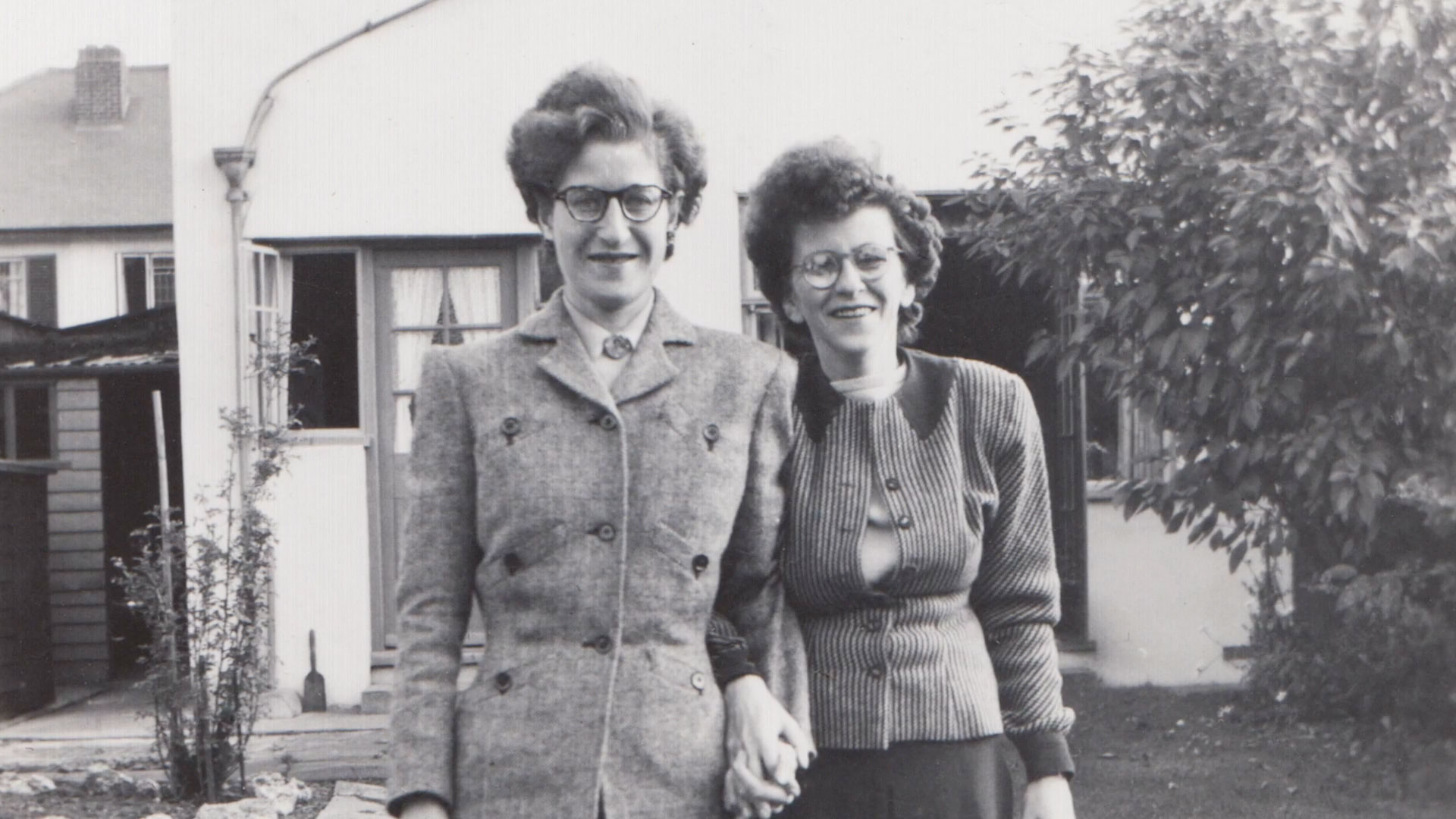
Leona Rostenberg and Madeleine Stern entered the bookselling world after World War II, embarking on a remarkable 60-year partnership. In that era, the field was dominated by men, making their success even more extraordinary. They quickly established themselves by securing incredible finds for libraries, and their famous European trip unearthed treasures no one knew still existed. They even made a groundbreaking discovery: American novelist Louisa May Alcott’s secret life as a pulp writer.
Pulp magazines were inexpensive fiction magazines that were published from 1896 through the 1960s. The magazines were best known for their lurid, exploitative, and sensational subject matter.
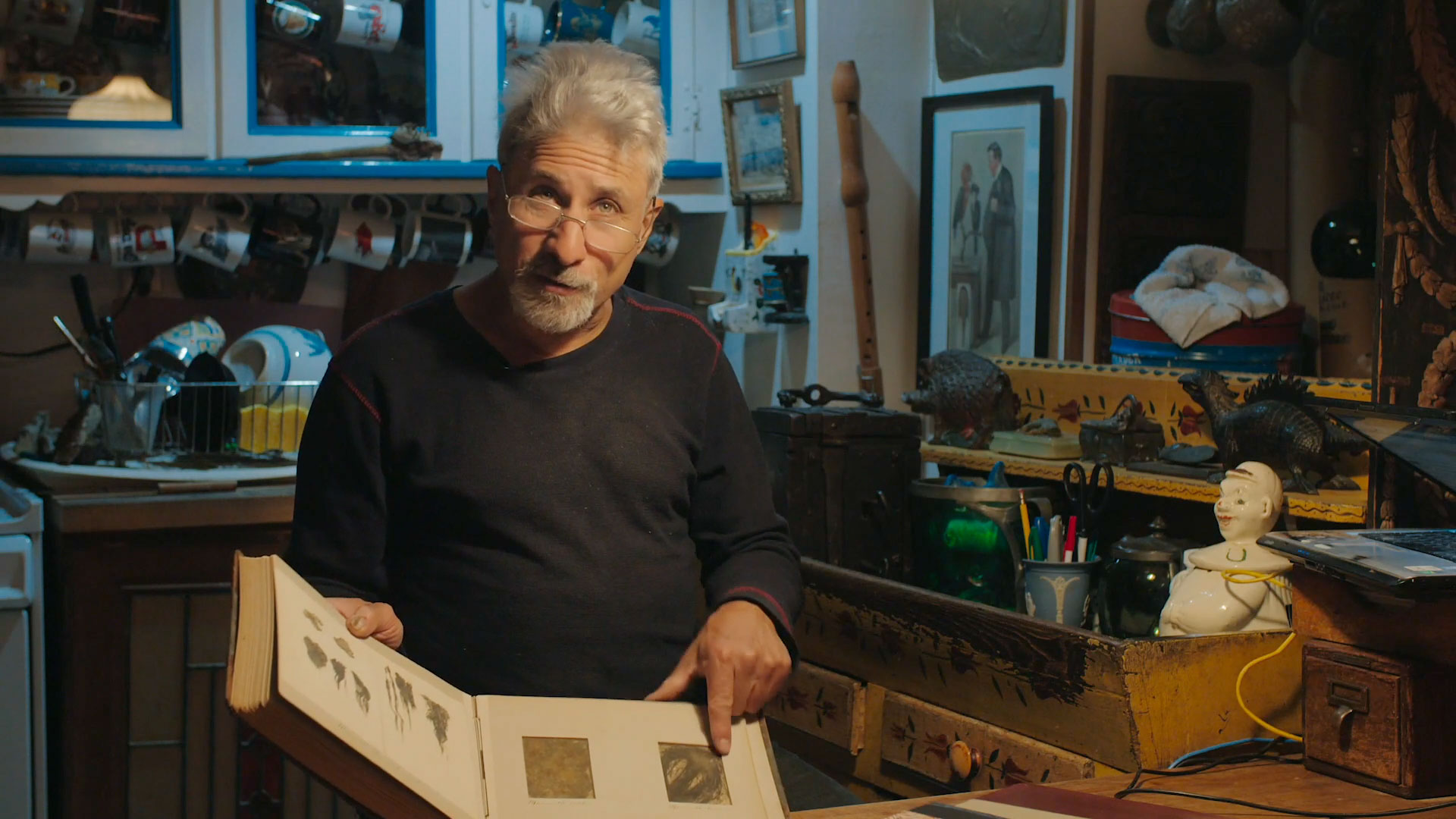
David “Dave” Bergman got into the book business when he saved up his money to buy a set of books of The History of the Lewis and Clark Expedition by Elliott Coues for $75 from a little book shop in Queens where he used to pass by. The owner of the bookshop needed someone to work part time. And before he knew it, he was in the book business. He seems fond of books with special features, like “Search For Mammoth,” a 1907 photo album containing actual mammoth hair embedded within its pages. Another treasure in his collection is a late 18th-century life-size fossil fish monograph, with some of the fish imprints requiring five folded sheets of paper to fully capture their scale. He has stored all his books inside his apartment since 1998.
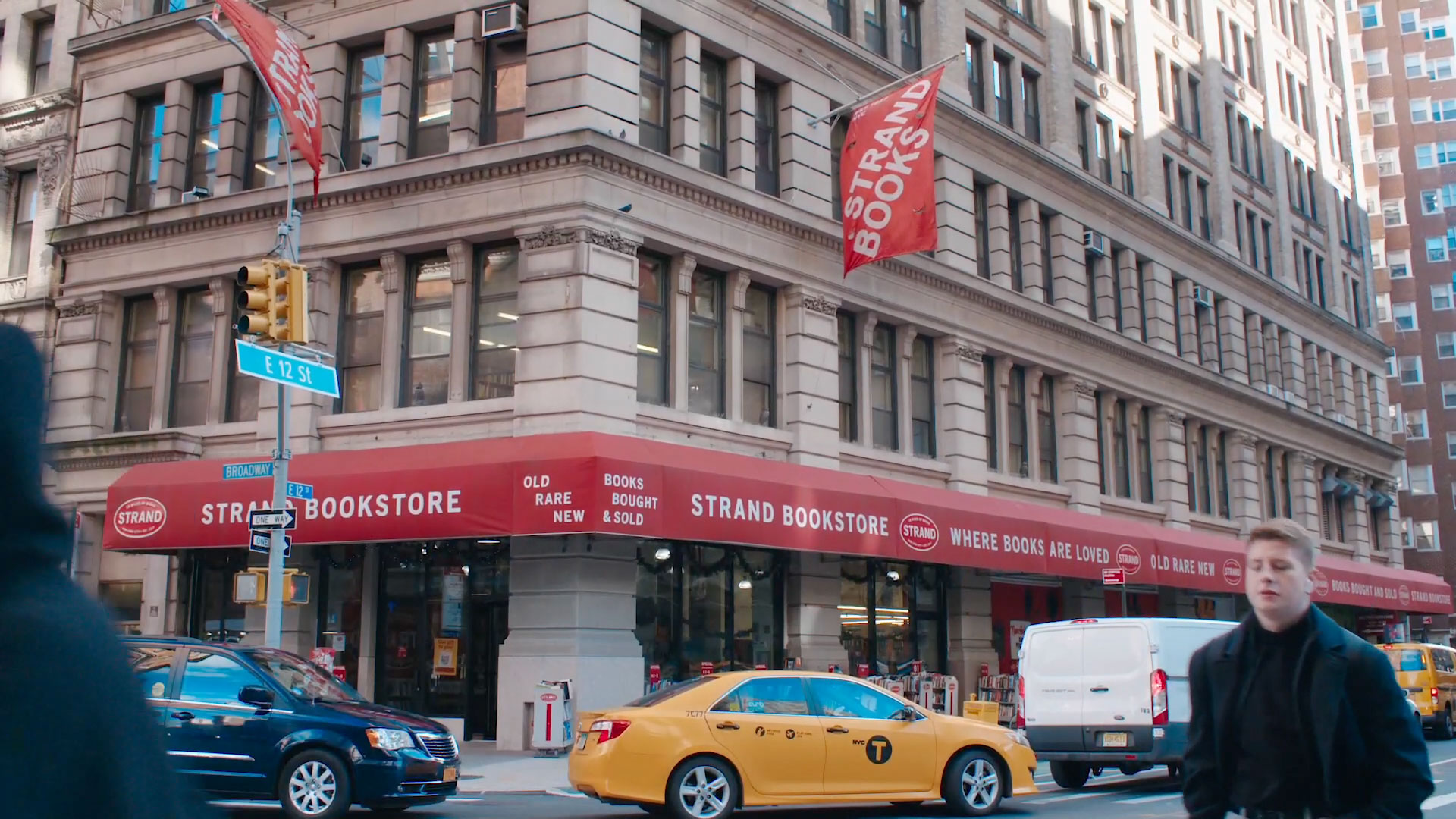
The Strand Bookstore, founded by Benjamin Bass in 1927, stands on the corner of East 12th Street in New York’s East Village, where once thrived a famed stretch, seven blocks along 4th Avenue made up the spine of what was known as Book Row. At its peak, 48 bookstores lined this literary haven, but today, the Strand remains the sole survivor.

Fran Lebowitz fondly recalls visiting the dusty shelves of Fourth Avenue’s independent bookstores. Though some of the owners seemed more engrossed in their own reading than selling, the atmosphere held a unique charm. Crawling through narrow stacks, she often found hidden gems, books they themselves hadn’t realized they had. Often, she could snag these books for a pittance, as the price often seemed a whimsical decision on the spot. The Strand, however, offered a different experience. Its sheer size and organized system meant no rummaging through backrooms for unpriced books.
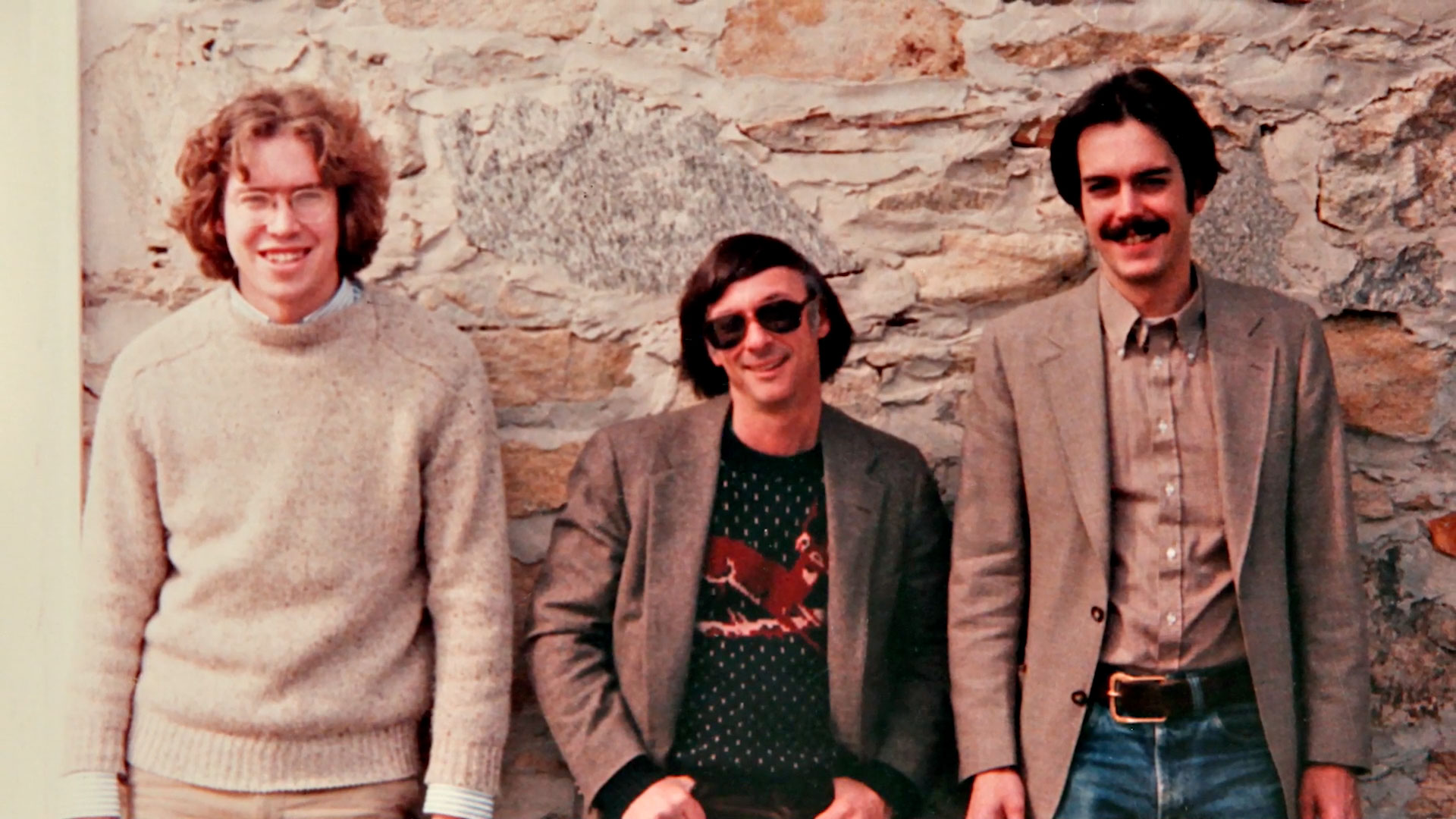
In the 1950s, New York City boasted a thriving community of 368 bookstores. Today, that number has dwindled to a mere 79, marking a significant decline in the landscape of general used bookstores. This shift has had a real impact, as for generations, these stores served as a traditional entry point into the book trade. Back then, road trips were often long and dusty affairs, crucial for book dealers to discover new treasures, filling their station wagons and shipping boxes back to their shops. This was bookselling in the old style, demanding a special kind of passion for books. After all, it takes a genuine interest to reach the stage where you crave surprise, where you actively seek what you weren’t even looking for. Seeing a vast amount of material is the only way to truly master the art of book pricing. The more copies you encounter, the sharper your instincts become, allowing you to discern between an ordinary read deserving of a standard price and a hidden gem worthy of your imagination.

More has changed in the antiquarian book business in the last 15 years than in the previous 150. For generations, book scouts used their expertise to connect collectors with rare finds. These individuals frequented church sales, estate sales, and library sales, fostering a mutually beneficial relationship with their dealers. However, the rise of the internet has transformed this landscape. While collectors now have access to a vast array of books that they previously spent decades searching for, at the touch of a button. Collecting is about the hunt. It’s not about the object. While this is undoubtedly convenient, the internet has killed the thrill of the chase.

There’s a world of difference between rare book auctions and art auctions. One of the obvious differences is that when you’re talking about books, they are not unique, nor one of a kind. When you talk about a painting, they are one of a kind. Now there are certainly extremely rare books. There are exquisitely rare books of which only a few copies are known but with the exception of illuminated manuscripts, with the exception of medieval codex, for example, which would be one of a kind because they are manuscript and handwritten, these items are multiples, and that really affects the price.
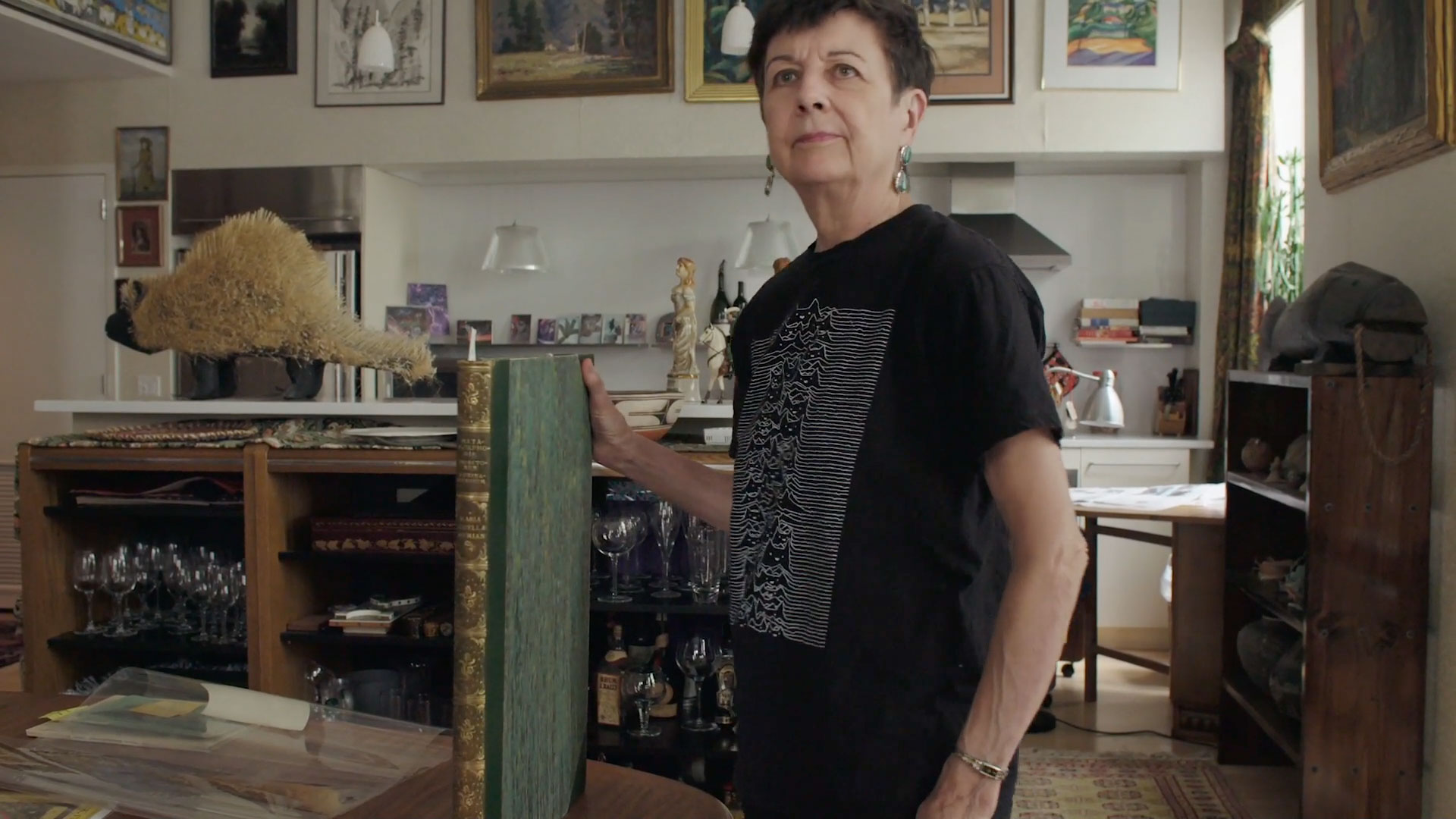
Caroline F. Schimmel is a full-time book collector and bibliographer, whose passion for her subject, inspired in the late 1960s by the women’s movement, and her training as a rare book librarian, have contributed to the development of her remarkable collection. She was one of the first to recognize the importance of collecting women talking about women. Over 25,000 items documenting female accounts of settling the west, exploration and science in the wilderness, local histories, cookery, and Native American women fill her shelves.
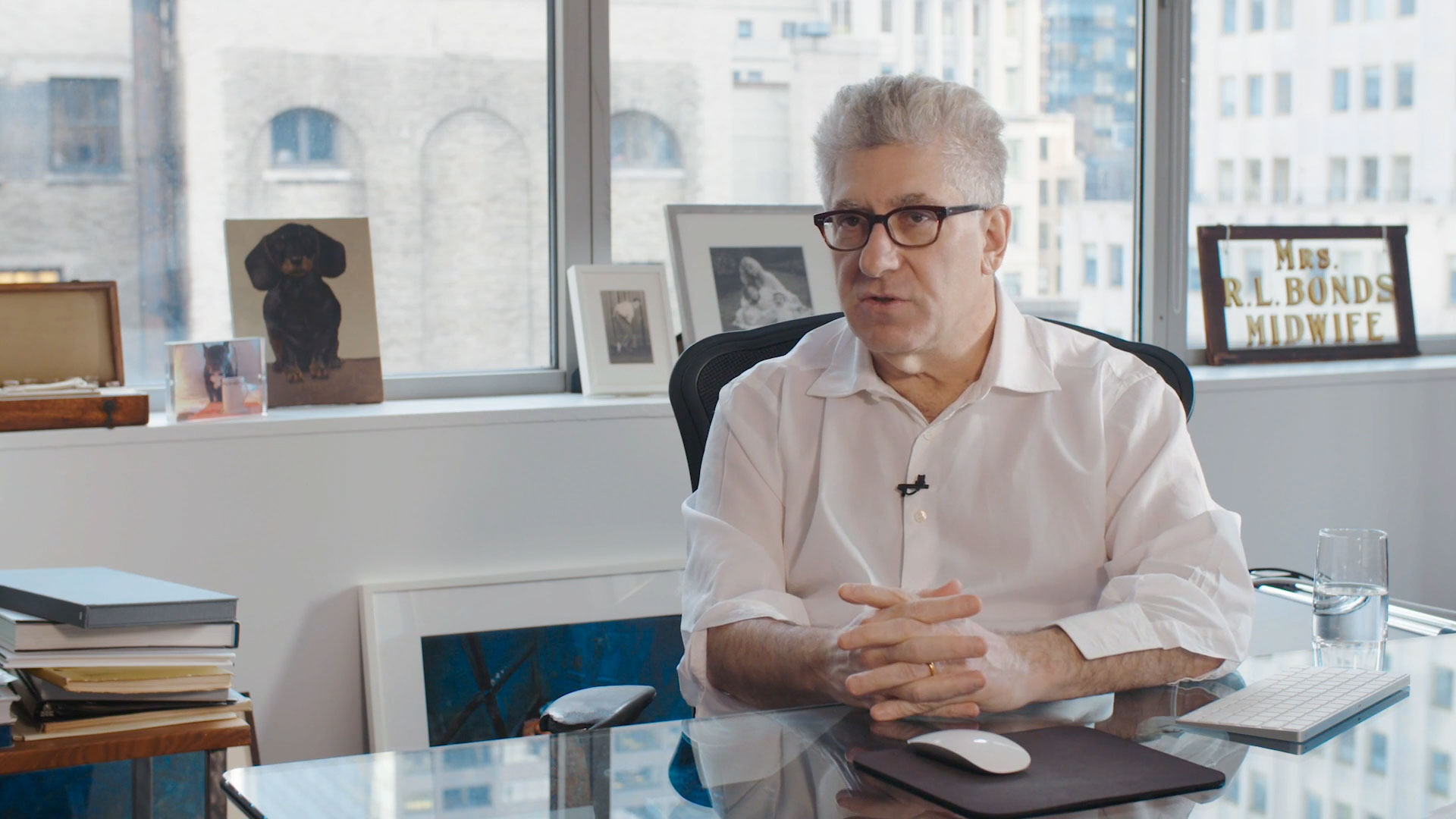
While many antiquarian booksellers feel the interest in books has diminished in the past 10 years, largely due to the rise of the internet, mobile devices, and shrinking attention spans. Reading seems to be fading into the background as fewer people pick up books these days. This decline will inevitably hinder the commerce of buying and selling books.
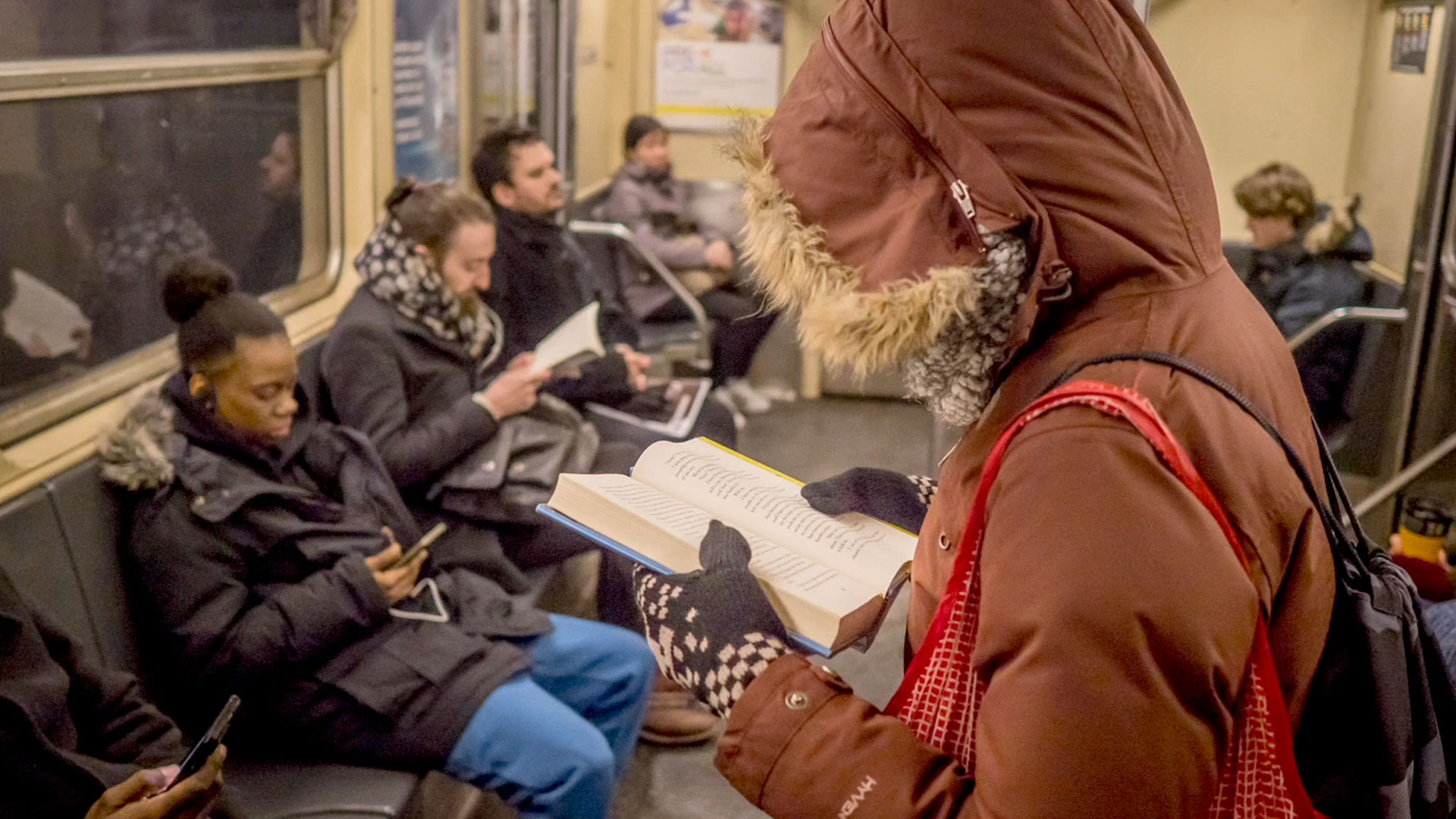
However, not everyone subscribes to this pessimistic view. Some believe a renewed appreciation for physical books and the immersive reading experience could lead to a comeback. After all, books offer unique escapes and provide irreplaceable connections to the past and the world around us. Only time will tell if the printed word will weather the digital storm, but its enduring power should not be underestimated.

The BOOKSELLERS premiered at the New York Film Festival on 7 October 2019. The film received a limited theatrical release in the United States on 6 March 2020.




